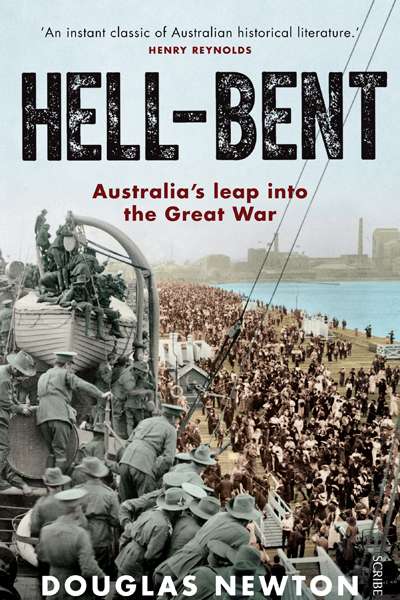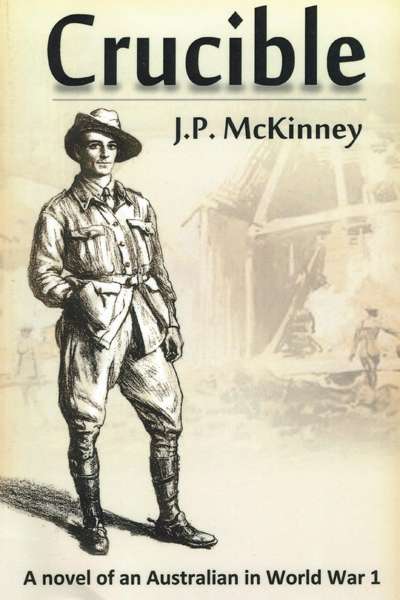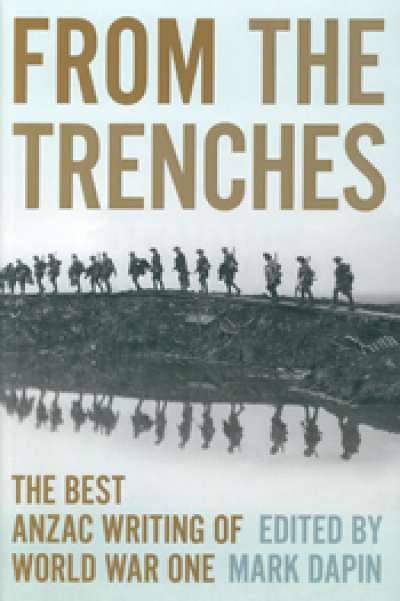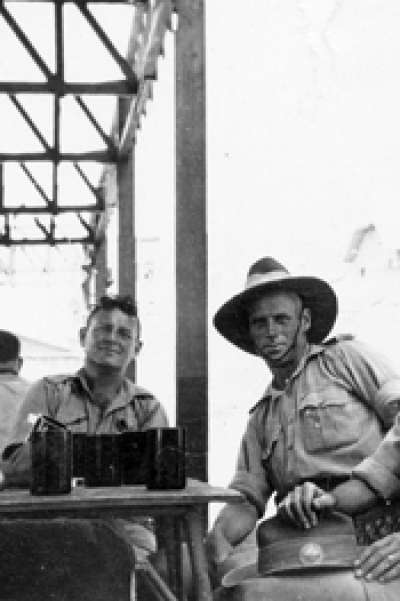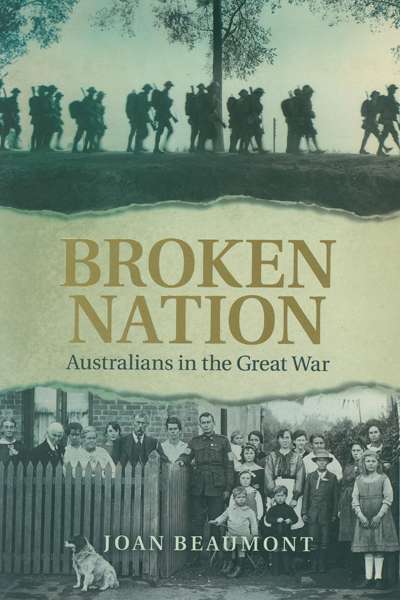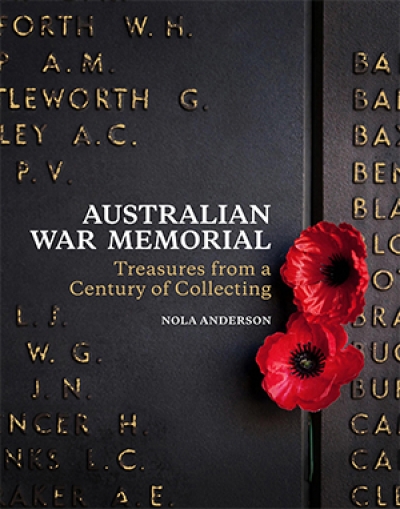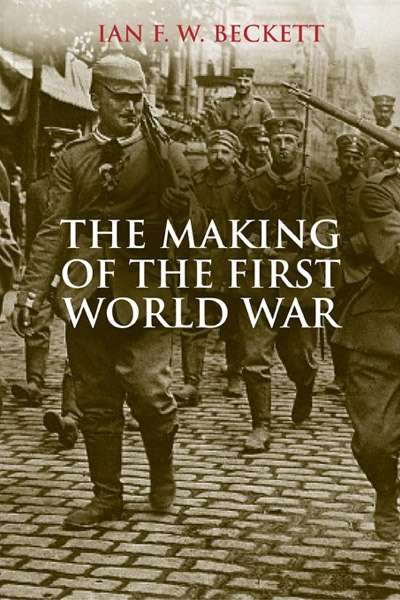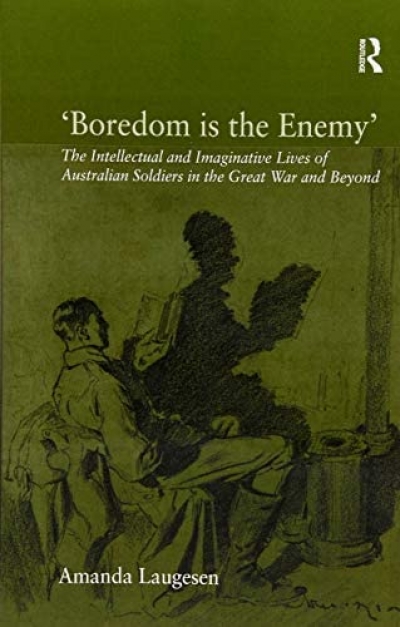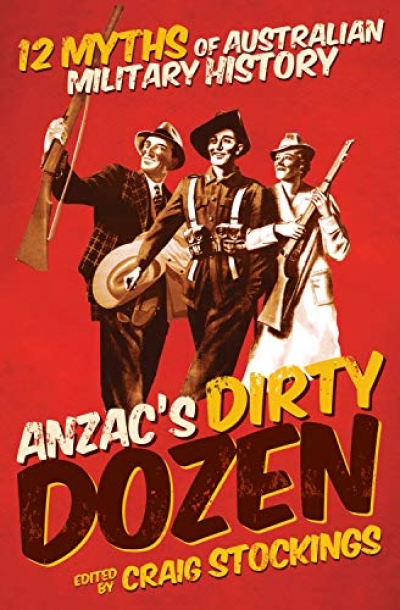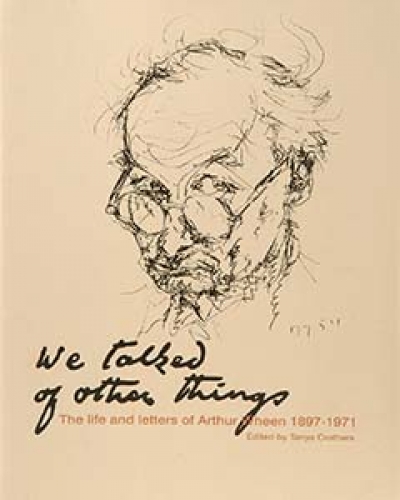World War I
Hell-Bent: Australia’s leap into the Great War by Douglas Newton
by Carolyn Holbrook •
Crucible: An Australian First World War novel by J.P. McKinney
by Rodney Hall •
From the Trenches: The Best Anzac Writing of World War One edited by Mark Dapin
by Geoff Page •
Broken Nation: Australians in the Great War by Joan Beaumont
by Marilyn Lake •
Australian War Memorial: Treasures from a Century of Collecting by Nola Anderson
by Geoffrey Blainey •
Boredom is the Enemy: The Intellectual and Imaginative Lives of Australian Soldiers in the Great War and Beyond by Amanda Laugesen
by Craig Wilcox •
Anzac’s Dirty Dozen: 12 Myths of Australian Military History edited by Craig Stockings
by Robin Prior •
We Talked of Other Things: The life and letters of Arthur Wheen 1897–1971 edited by Tanya Crothers
by Graeme Powell •

